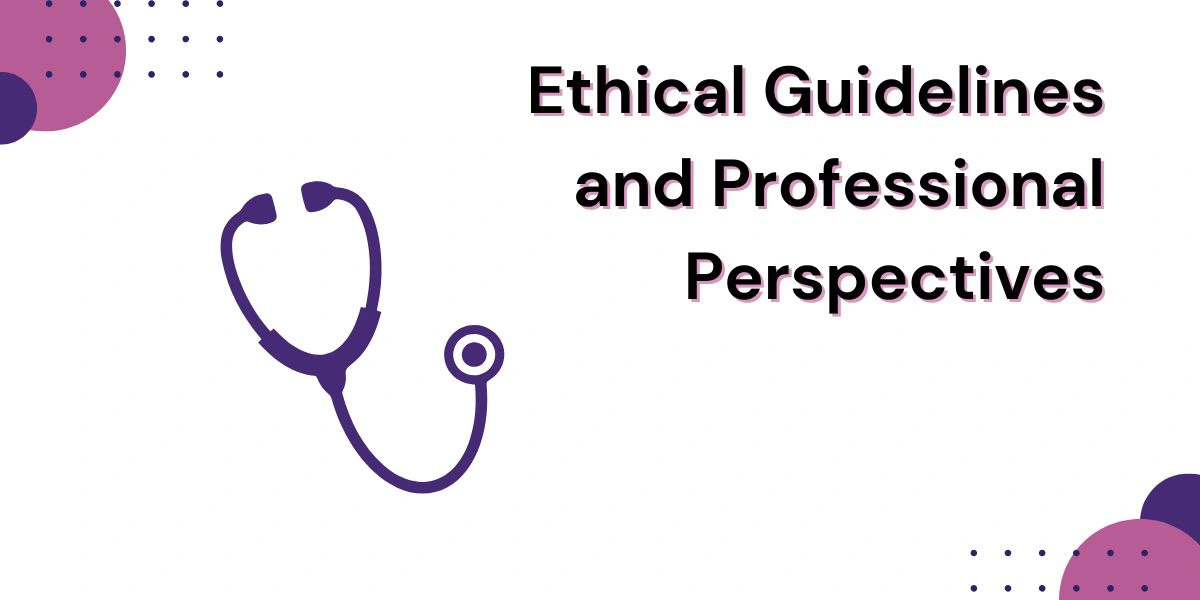Blog

Doctors frequently find themselves in situations where family or close friends ask for medical advice or even direct treatment. The urge to help loved ones is completely understandable; after all, medical professionals often choose their careers precisely because they want to help people. However, when the patient is a family member, the situation becomes ethically and financially complex, raising critical questions: Can doctors ethically treat their own family members? And if so, can they bill insurance for those services?
How Common Is It for Doctors to Treat Family Members?
Physicians treating their own family members is surprisingly common. According to a survey published in the Journal of General Internal Medicine, nearly 99% of doctors have reported being approached by family members seeking medical advice or treatment. Moreover, 83% of healthcare providers have admitted to prescribing medications for family or friends. A similar study from the New England Journal of Medicine indicated that a substantial majority—83%—of physicians had prescribed medications to family members, with 80% having diagnosed conditions and approximately 72% conducting physical examinations for their own relatives.

Ethical Guidelines and Professional Perspectives
Despite the prevalence of these practices, medical ethics present clear guidelines. The American Medical Association (AMA), in its Code of Medical Ethics, advises physicians against treating themselves or immediate family members. The primary concern is that the close personal relationships can compromise professional objectivity and medical judgment, potentially jeopardizing patient care.
Exceptions to these guidelines are typically limited to emergency situations or circumstances where no other qualified medical professional is readily available. Similarly, the Federation of State Medical Boards emphasizes avoiding treatment of immediate family members, citing concerns over compromised quality of care and ethical implications.

Insurance Companies and Their Stance on Billing for Family Treatment
When it comes to billing insurance, the situation becomes even more nuanced. Many insurance companies explicitly outline their policies, generally discouraging or outright denying coverage for treatments administered by a physician to themselves or immediate family members.
For instance, Blue Cross Blue Shield of Michigan explicitly states that services provided by a doctor to themselves or immediate family members are considered non-covered services, emphasizing the ethical issues related to compromised objectivity and potential conflicts of interest.
Similarly, Kaiser Permanente has clear guidelines refusing reimbursement for treatment provided by physicians to themselves or immediate family members, except in legitimate emergency scenarios.
Medicare is equally firm on this matter. Under the Stark Law, Medicare explicitly prohibits doctors from referring Medicare beneficiaries to healthcare providers or entities with which they or an immediate family member have a financial relationship unless certain conditions or exceptions are met. Violations can result in serious penalties, including fines and exclusion from Medicare participation.
Risks Associated With Treating and Billing Family Members
Several critical risks accompany the practice of treating family members and billing insurance:
- Compromised Clinical Objectivity: Physicians may unintentionally allow emotional ties to influence their medical decisions, potentially leading to bias or errors in judgment.
- Incomplete or Suboptimal Care: Evidence from research published in the Wisconsin Medical Journal suggests that physicians treating family members tend to provide less thorough evaluations, less rigorous documentation, and incomplete medical records, potentially compromising the patient’s long-term health outcomes.
- Reluctance to Share Sensitive Information: Family members might hesitate to disclose sensitive health information, fearing judgment or negative impact on their personal relationship, leading to incomplete diagnoses or inappropriate treatment.
- Financial and Legal Consequences: Physicians who bill insurance for treatments provided to immediate family members could face denied claims, audits, and even allegations of fraud. Insurance carriers frequently scrutinize claims involving familial relationships to ensure compliance and avoid ethical violations.
Navigating Ethical and Financial Considerations
Given the complexity, doctors should follow best practices:
- Avoid Non-Emergency Treatment: Unless there is an emergency or no other qualified medical practitioner is available, physicians should refer family members to independent medical providers. This maintains professional objectivity and ensures comprehensive care.
- Understand and Follow Insurance Policies: Familiarize yourself with specific insurance provider policies regarding treating family members. Ensure compliance to avoid claim denials or audits. Insurance carriers typically publish explicit policies, so a quick review can prevent significant financial or professional repercussions.
- Set Clear Boundaries: Establish boundaries with family members regarding medical advice and care. Clarifying these boundaries upfront helps maintain professional integrity and personal relationships.
- Seek Professional Guidance: When uncertain, consulting colleagues, ethical boards, or legal advisors is wise. Seeking guidance can prevent inadvertent ethical or legal missteps.
Balancing Care and Professional Integrity
As a healthcare provider, you’re constantly juggling the responsibility of delivering compassionate care while maintaining ethical, compliant billing practices. It’s not always easy—but finding that balance is what builds trust with your clients and ensures the long-term health of your practice. When you put systems in place that support both care and integrity, everyone benefits.
That’s where Hansei Solutions comes in. We partner with providers like you to simplify the billing process, ensure compliance, and help you stay focused on what matters most—your clients. Let us take care of the backend so you can continue to lead with both heart and professionalism. Contact us today to learn how we can support your practice.

Ready to focus on providing healthcare? Let us lighten your load.
We’re here to address your pain points and create growth opportunities for your organization. We’re passionate about what we do, and it shows in every interaction. Learn what makes us tick and schedule a demo today.